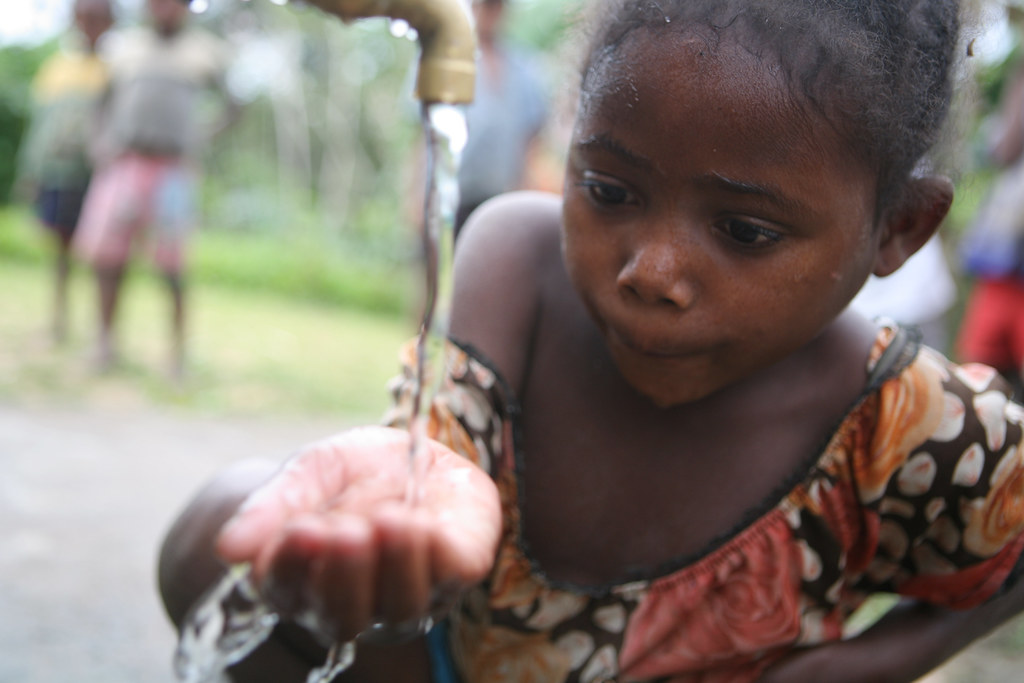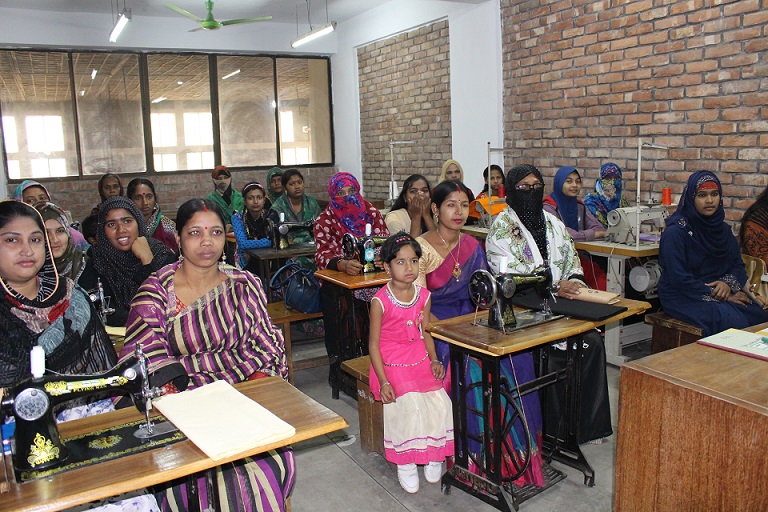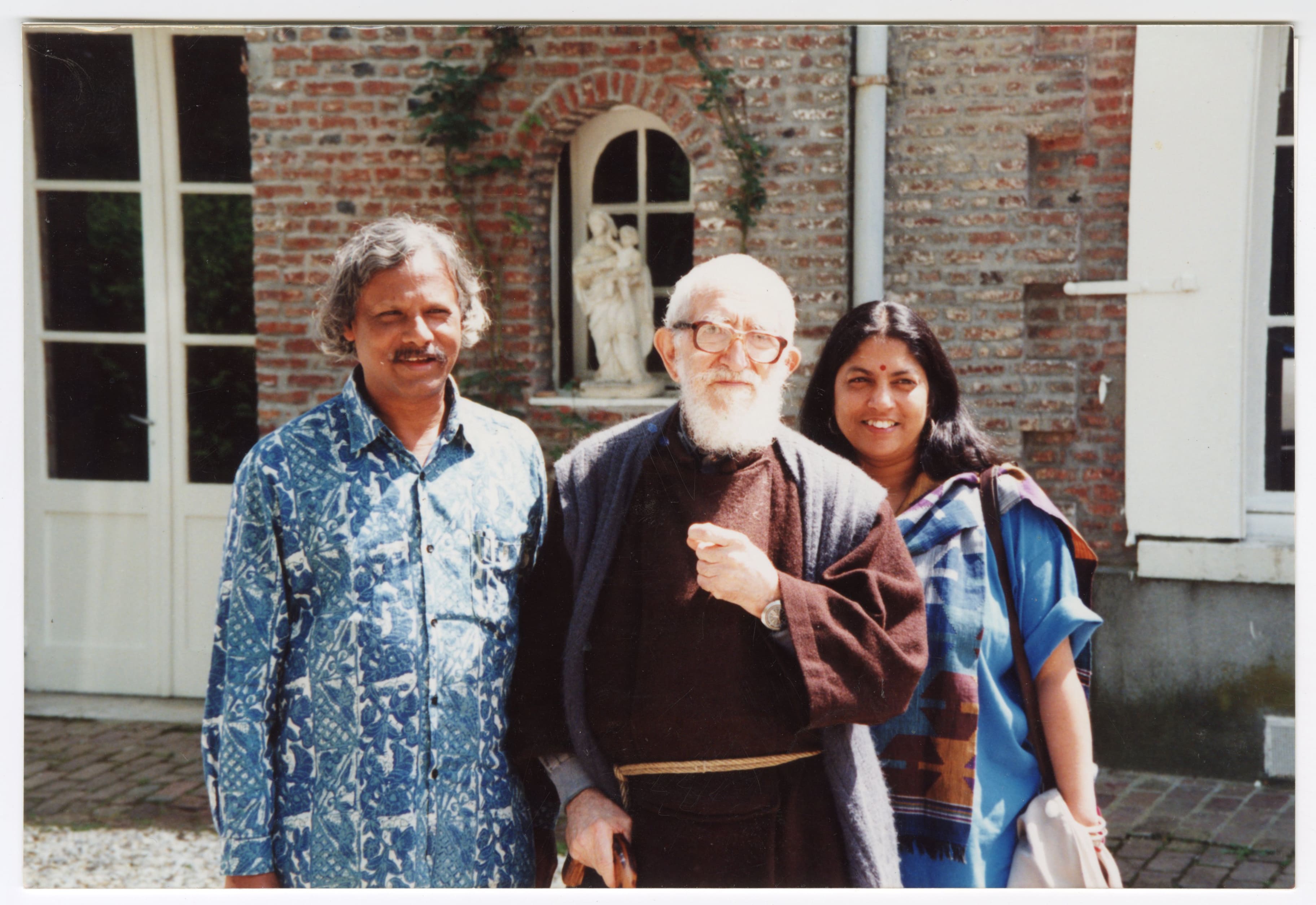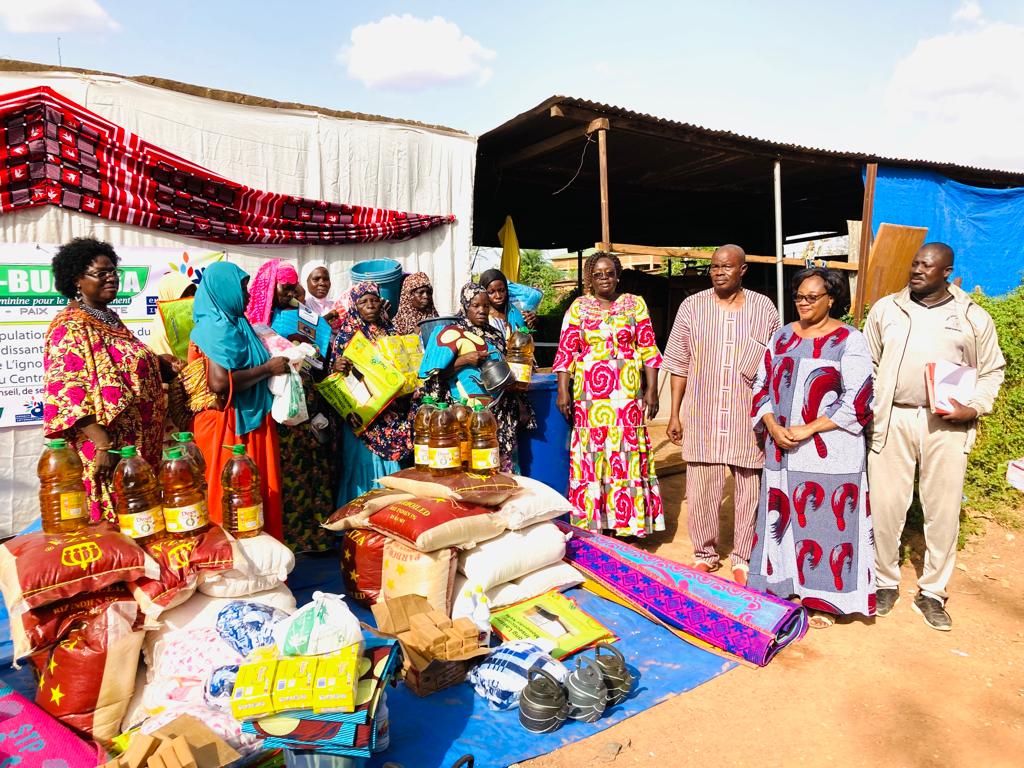Covid-19 and access to water: the French State must implement an ambitious policy!

Tribune from 40 French associations
The act is simple and the instruction is repeated over and over again: washing your hands with soap and water is a basic rule of hygiene that saves lives in the face of the Covid-19 virus. Yet for 2.2 billion people, living without access to drinking water, this common sense advice is impossible to implement on a daily basis: how can you wash your hands regularly if you don’t have access to water?
The Covid-19 epidemic makes injustices in access to water even more visible. In the world today, almost a third of humanity still doesn’t have access to drinking water. How long do these people still have to wait? Water is an essential service, recognised as a fundamental right by the United Nations. It is not a privilege. Governments should take urgent organised action now to in order to stop this crisis.
An essential responsibility of the State
If the implementation of protective acts such as handwashing is the core piece of advice given to the public, then the provision of safe drinking water must be at the core of government actions and priorities.
In France, the lack of access to water weighs heavily on the most vulnerable people, especially those in precarious situations living on the streets, in shantytowns or squats. Before the pandemic, 80% of the squats and shantytowns in cities had no access to water1 and 235,000 people were living on the street or in makeshift housing2. In total, in Metropolitan France, more than one million people live every day without permanent and affordable access to drinking water3.
Since the start of the crisis, numerous associations have issued warnings on the persistent risk to these people and they have been working to meet urgent needs and to prevent the spread of the virus. On 27 March, the government gave instructions to prefects to care for the most precarious populations, living on the street or in shelters, during the Covid-19 epidemic. In particular, prefects and local authorities have been responsible for ensuring that access to water, sanitation, showers and wash facilities is made possible for populations living in precarious conditions. This has led to the installation of emergency water points in some areas. Indeed, it has taken an epidemic for them to realise the importance of guaranteeing access to water.
However, it is still insufficient in many places in France. The mayors and prefects cannot always fulfil their role and sufficient access to water in decent conditions is still not guaranteed for all. At the end of lockdown, public authorities, local authorities and the State, will have to maintain their efforts to keep water points open in times of crisis. Yet they will also have to go further: reopening water and toilet facilities in the municipalities, in informal settlements and for people living on the street, making these services and hygiene facilities available in all public places and establishments, implementing adapted pricing for water services (free, social or progressive tariffs, or a moratorium on water bills for vulnerable households deprived of an income by the crisis).
A drastic situation overseas
In the French Overseas Departments and Regions (DROM), the situation is even more catastrophic. In Mayotte, where over half the housing consists of tin huts, access to running water in dwellings is still far from being widespread. For a large number of inhabitants, water provision is possible thanks to standpipes. In Guadeloupe and Martinique, faced by structural water shortages, they are experiencing more and more daily interruptions to their water supply, which makes fighting the spread of the epidemic much more challenging.
These situations are exceptionally serious and call for urgent government and global action to guarantee access to water and hygiene facilities in the French overseas territories, over and above the structural efforts already undertaken before the crisis (Eau-DOM plan). The health crisis reveals the absolute need for legal recognition, under French law, of the right to drinking water, hygiene and sanitation for everyone living in the territory, both in France and overseas.
Exacerbated risks for the poorest countries
In March, the United Nations and its Secretary-General, António Guterres, reiterated that decades of chronic underfunding for access to safe drinking water is exposing the world to an increased risk of infection and endangering populations in the face of the coronavirus epidemic.
The availability of handwashing facilities in low- and middle-income countries is very limited. At a global level, 40% of households still have no facilities to wash their hands with soap and water. This is also the case in almost half of all health facilities and almost half of schools in developing countries. The Covid-19 pandemic adds to known risks of contamination and the serious consequences on health caused by avoidable diseases, such as cholera, typhoid, diarrhoea or Lassa fever.
Nevertheless, it is encouraging to see the States assume their responsibility as service managers and regulators. Some, such as Zambia, have issued a directive not to cut water supplies to the population during the crisis period. Others, such as Ghana and Mauritania, have proposed paying for consumers’ water bills for several months. Lastly, several countries have committed to providing water to informal settlements and public places (Liberia, Rwanda and South Africa) or to increasing financial spending to improve services.
In addition to these measures, international solidarity is one of the pillars in the health response to the epidemic. France and other donor countries must set up emergency humanitarian aid measures for access to water, sanitation and hygiene, by guaranteeing additional funding and rapid and flexible technical support to countries with the lowest rates of access to water. Working by their side and together with marginalised populations, NGOs are allies in the deployment of handwashing facilities, distribution of hygiene kits and the implementation of awareness-raising campaigns, both at community level and also in health facilities and schools.
The associations of the “L’eau est un droit !” [Water is a right] campaign emphasise that solutions exist and call on the French government to make an urgent and sustained commitment to the rights to water and sanitation. Find all the recommendations here (french).
SIGNATORIES
Pierre Micheletti, President of Action Contre la Faim
Mireille Murawski, Chief Executive of Association de Coopération entre Acteurs du Développement
Henri Smets, President of ADEDE and member of the Académie de l’Eau
Stéphane Herpin, President of Architectes Sans Frontières [Architects without borders]
Claire Hédon, President of ATD Quart-Monde France
Michèle Grégoire, President of blueEnergy France
Sandra Métayer, Coordinator of Coalition Eau
Nathalie Godard, President of the Collectif National des Droits de l’Homme Romeurope
Professeur Jean-Jacques Eledjam, President of the French Red Cross
Vaia Tuuhia, Chief Executive of 4D
Anne-Isabelle Münz, President of Dynam’eau association
Docteur Loïc Monjour, President of EAST NGO
Gabriel Amard, Co-President of Eau bien commun France
Jean-Claude Oliva, Co-President of Eau bien commun France and Director of Coordination Eau Ile-de-France
Bernard Mounier, President of Eau bien commun PACA
Valérie Dumans, Co-Director of Eau de Vie
Philippe de Roux, Co-Director of Eau de Vie
Jean-Bosco Bazie, Director General of Eau Vive Internationale
Jean-François Maruszcyczak, Director General of Emmaus France
Nathalie Péré-Marzano, Chief Executive of Emmaus International
Florence Lamarque, President of the French National Federation of Social Emergency Medical Services (SAMU)
Jérémie Chomette, Director General of the Danielle Mitterrand – France Libertés Foundation
Jacqueline Madrelle, President of France Libertés Gironde
Henry de Cazotte, President of Gret
Vincent Ruffiot, President of Hé’EAU!
Gilles Bogo, President of Hydraulique Sans Frontières
Emmanuel Poilane, Director General of Initiative Développement
Sophie Lehydeux, Director of Kynarou
Malik Salemkour, President of Ligue des droits de l’Homme
Doctor Philippe de Botton, President of Médecins du Monde
Benjamin Gasse, Director of Morija France
Thierry Mauricet, Director General of Première Urgence Internationale
Jean-Louis Marolleau, Secretary of the Réseau Afrique Europe Foi et Justice
Rachid Lahlou, Founding President of Secours Islamique France
Romain Desvalois, Chief Executive of SEVES
Antonella Cagnolati, President of Secrétariat International de l’Eau – Solidarité Eau Europe
Alexandre Giraud, Director General of Solidarités International
Pascale Joffroy, association Système b, comme bidonville
Veronique Moreira, President of WECF France
Patrick Flicoteaux, Founding President of Wikiwater
Cover picture by EU Civil Protection and Humanitarian Aid is licensed under CC BY-NC-ND 2.0.


